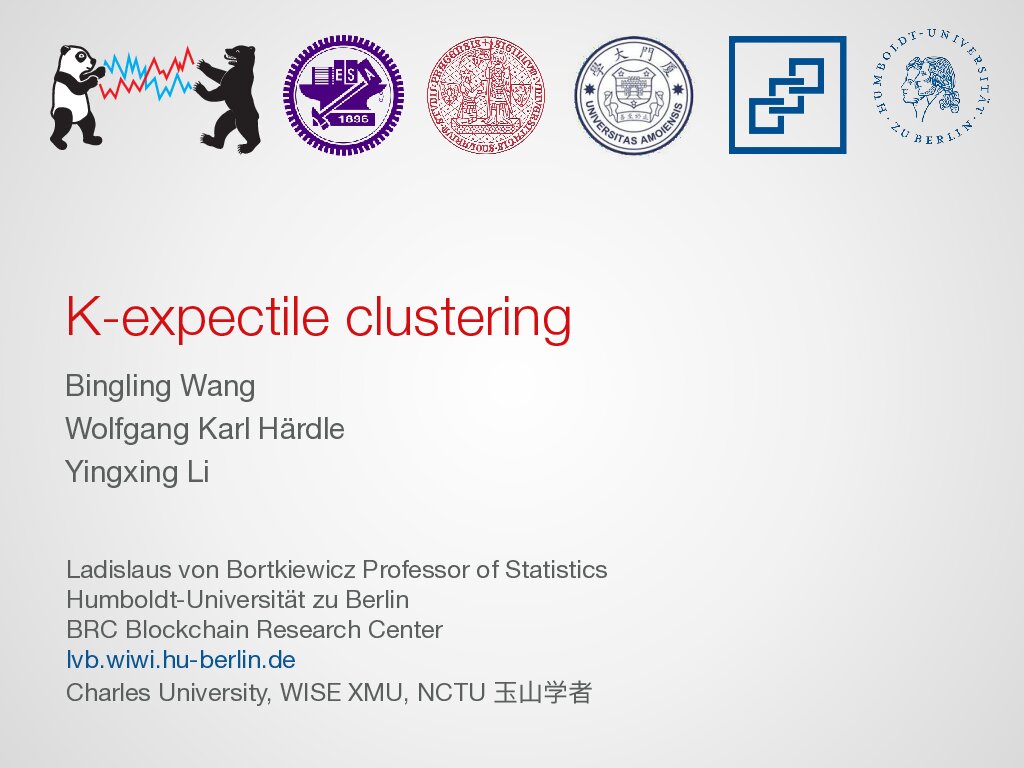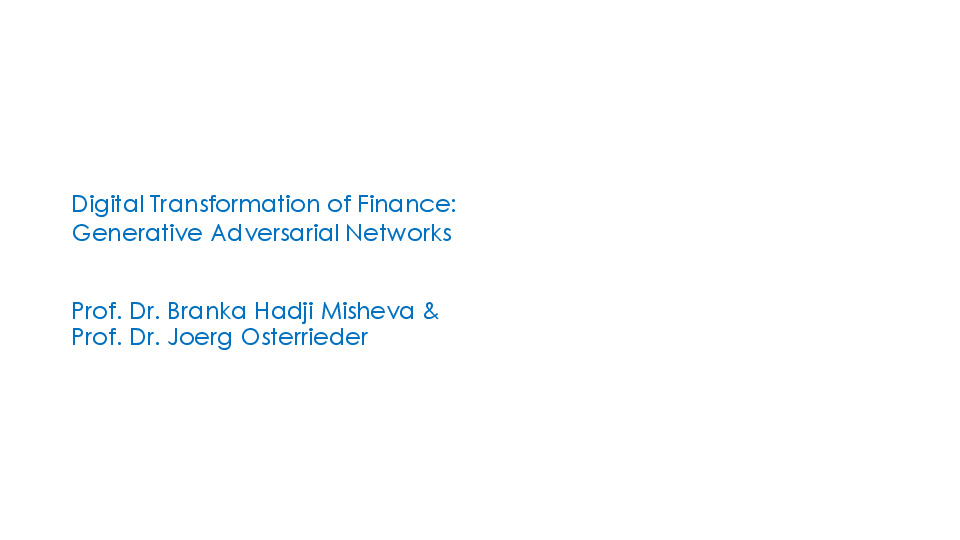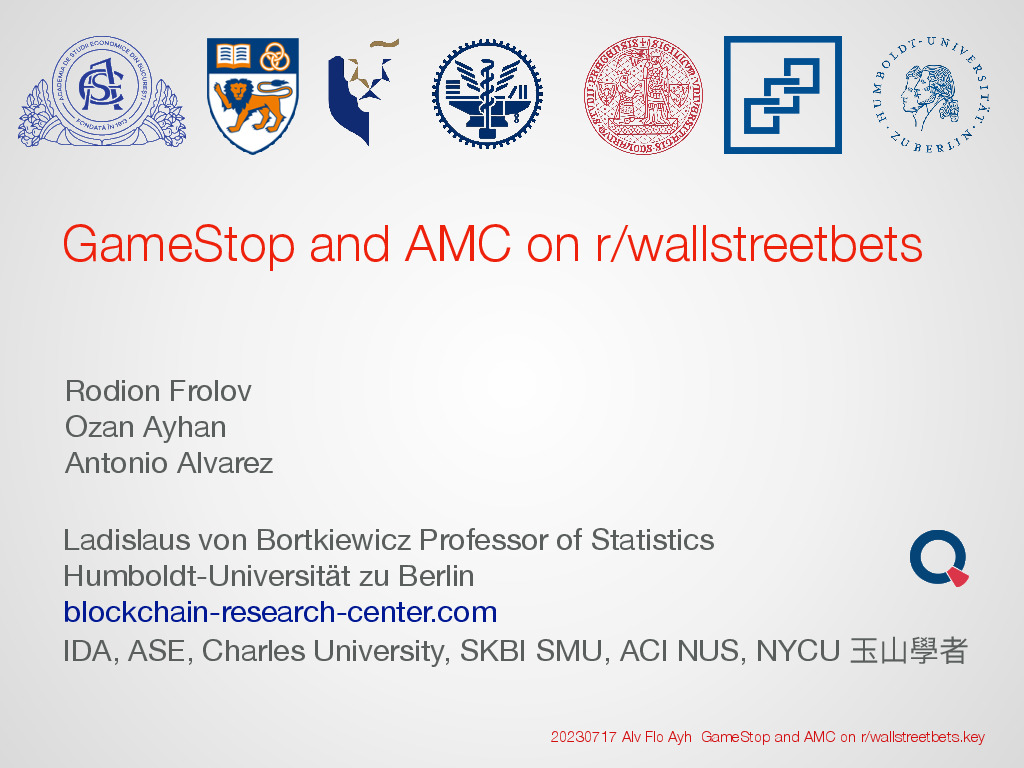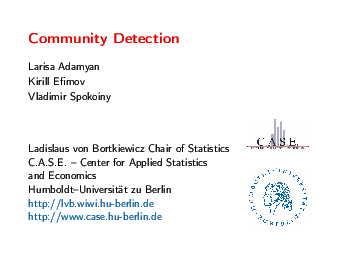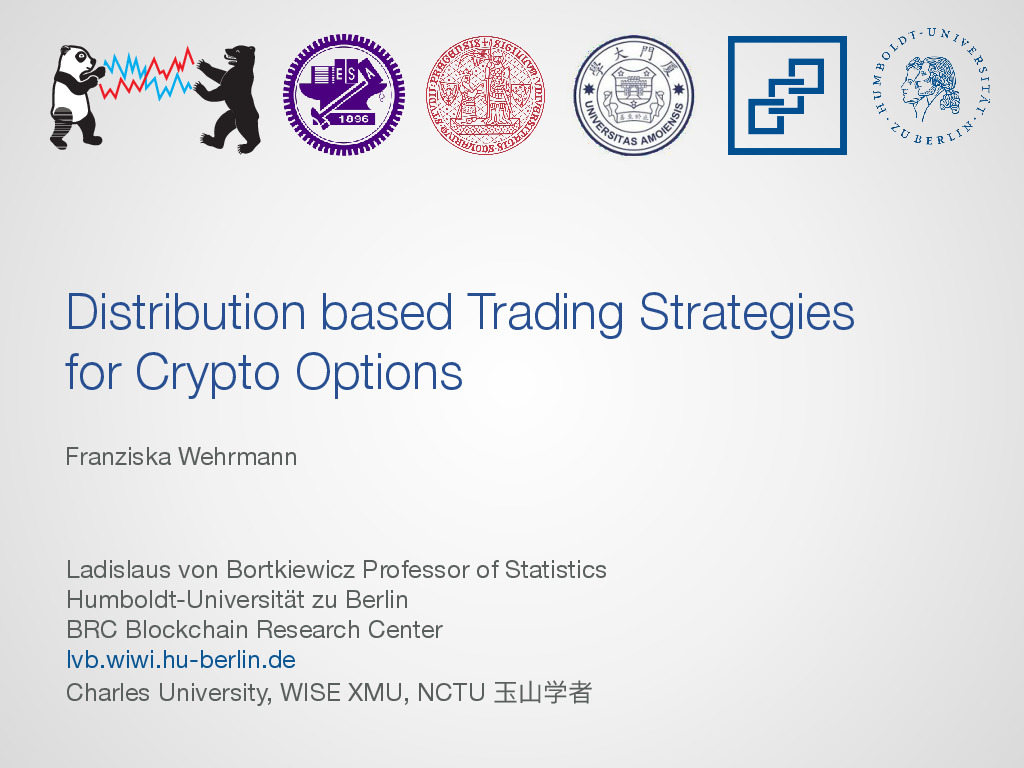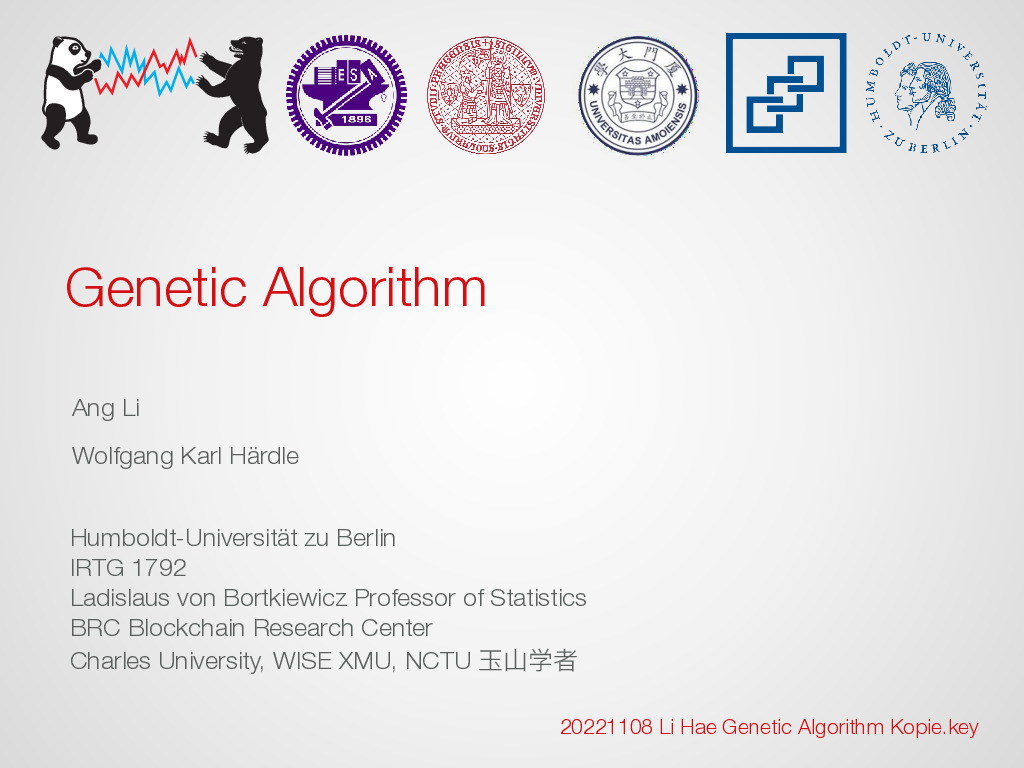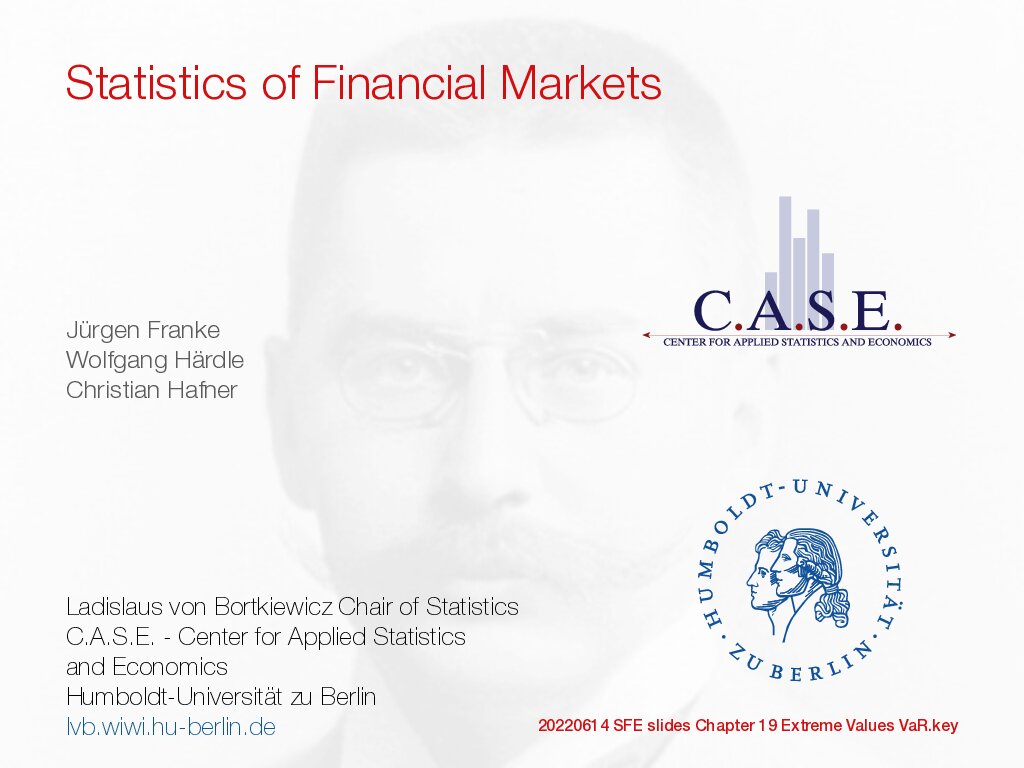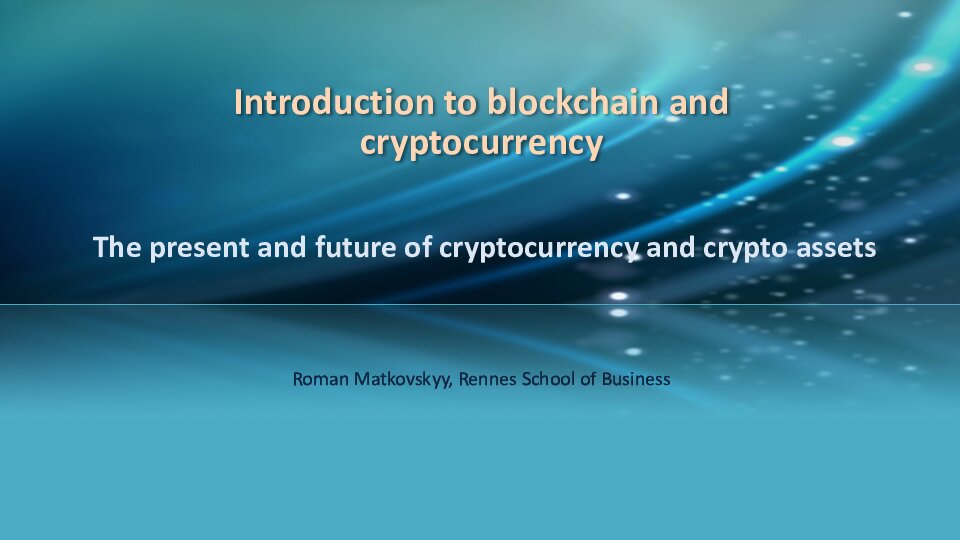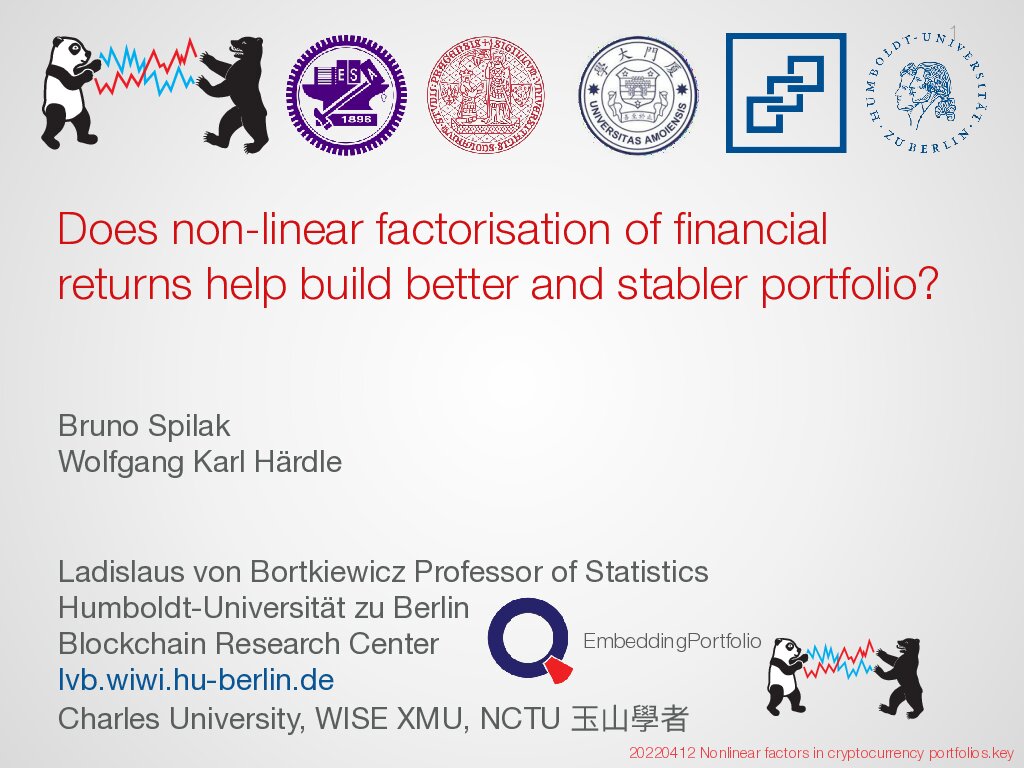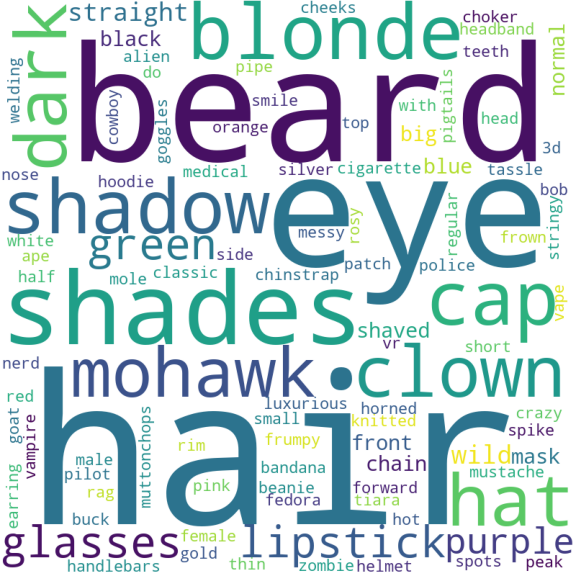K-expectile clustering
-
- 0 Rating
- 0 Reviews
- 18 Students Enrolled
K-expectile clustering
K-means clustering is one of the most widely used partitioning algorithms in cluster analysis due to its simplicity and computational efficiency. However, K-means does not provide an appropriate clustering result when applying to data with non-spherically shaped clusters. We propose a novel partitioning clustering algorithm based on expectiles.
-
- 0 Rating
- 0 Reviews
- 18 Students Enrolled
Requirements
- K-expectile clustering
General Overview
Description
K-means clustering is one of the most widely used partitioning algorithms in cluster analysis due to its simplicity and computational efficiency. However, K-means does not provide an appropriate clustering result when applying to data with non-spherically shaped clusters. We propose a novel partitioning clustering algorithm based on expectiles. The cluster centers are defined as multivariate expectiles and clusters are searched via a greedy algorithm by minimizing the within cluster ’ -variance’. We suggest two schemes: fixed clustering, and adaptive clustering. Validated by simulation results, this method beats both K-means and spectral clustering on data with asymmetric shaped clusters, or clusters with a complicated structure, including asymmetric normal, beta, skewed t and F distributed clusters. Applications of adaptive clustering on crypto-currency (CC) market data are provided. One finds that the expectiles clusters of CC markets show the phenomena of an institutional investor dominated market. The second application is on image segmentation. Compared to other center-based clustering methods, the adaptive cluster centers of pixel data can better capture and describe the features of an image. The fixed clustering brings more flexibility on segmentation with a decent accuracy. All calculations can be redone via quantlet.com.
Courses that include this CL
Recommended for you
Meet the instructors !
Research Interest
- Risk Models
- Machine Learning
- Text Mining
- NFTs, blockchain, Crypto Currencies
Publications
K-expectile clustering (with Wolfgang Karl Härdle and Yingxing Li)
Tail Event Driven Factor Augmented Dynamic Model (with Weining Wang)
Work in Progress
The DAI - Digital Art Index (with Min-Bin Lin, Wolfgang Karl Härdle, Christian Hafner, Artnet)
Understanding NFTs (with Min-Bin Lin, Bruno Spilak)
VizTech & CryptoPunks (with Min-Bin Lin, Wolfgang Karl Härdle)




